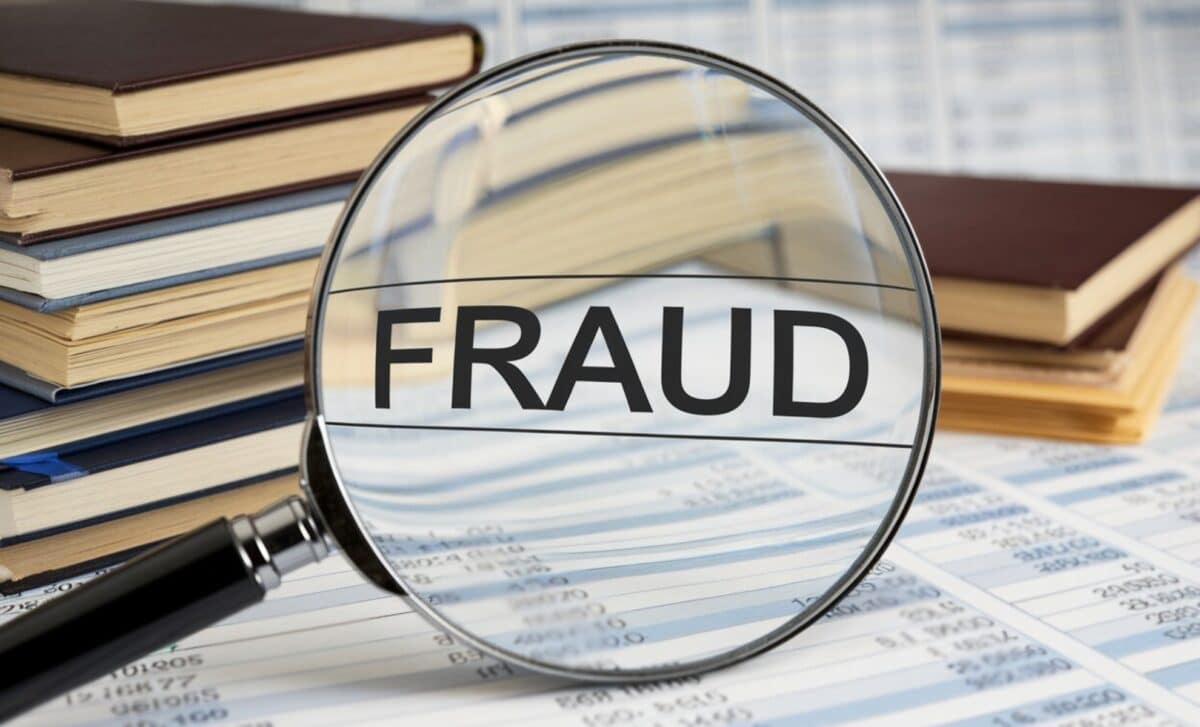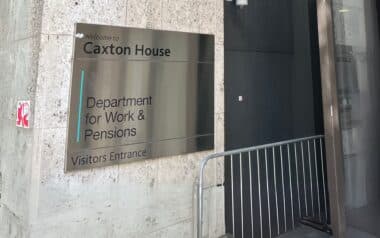Following the discovery of an astounding £1.13 billion in false or fraudulent R&D claims, HMRC is warning millions of UK taxpayers to examine their financial records. In the face of growing scrutiny of previous statements, a recently formed disclosure tool tries to encourage businesses to self-report mistakes.
Tackling Fraud in R&D Tax Relief Claims
HM Revenue & Customs (HMRC) has unveiled a targeted disclosure service to address widespread inaccuracies in Research and Development (R&D) tax relief claims. This initiative follows a detailed analysis of claims from the 2020–2021 financial year, which revealed significant errors in submissions by Small and Medium-sized Enterprises (SMEs) as well as larger corporations.
According to HMRC’s findings, approximately 24.4% of claims made under the SME scheme and 3.6% under the Research and Development Expenditure Credit (RDEC) scheme contained inaccuracies or fraudulent information. The combined financial impact is estimated at £1.13 billion in losses to the Exchequer.
Dawn Register, a tax dispute resolution expert at BDO, noted that the high levels of error and fraud have been a persistent concern in the R&D claims process. “HMRC’s own research shows a high level of historic fraud and error in R&D claims. While the rules for new R&D relief claims were significantly tightened recently – some might say overtightened making it difficult for genuinely innovative SMEs to access support for R&D – this new service is designed to encourage companies with historic inaccuracies to come forward.” she stated.
New Disclosure Service and Its Limitations
The new disclosure service allows businesses to voluntarily report overclaimed R&D relief if they are out of time to amend their corporation tax returns. HMRC’s goal is to reduce historical discrepancies and strengthen accountability, yet experts have raised concerns about its uptake.
Critics highlight that the scheme lacks clear incentives, such as leniency on penalties or extensions for repayments. Moreover, the absence of protection from criminal prosecution may deter companies from coming forward, even if they identify errors in past claims.
Peter Clark, technical director at RCK Partners, emphasised the importance of seeking expert advice for those unsure about their R&D claims. “We strongly encourage claimants who are concerned they may have previously filed claims containing errors to seek advice. Doing this promptly will help them understand their position and if they need to make a disclosure, then doing so proactively can help their business avoid unnecessary penalties,” he advised.
Additionally, the market for R&D tax claims has seen an influx of unscrupulous agents, further complicating the landscape for businesses. Companies that relied on speculative claims prepared by such agents are now encouraged to consult with tax specialists to mitigate potential risks.
The new HMRC disclosure service represents a critical step in addressing historic fraud and errors in R&D tax relief claims. While its launch underscores the government’s commitment to curbing misuse, its reception among taxpayers will likely depend on the provision of tangible support mechanisms and greater awareness.









